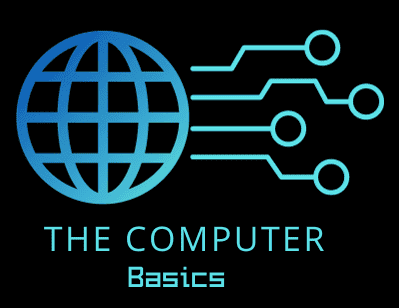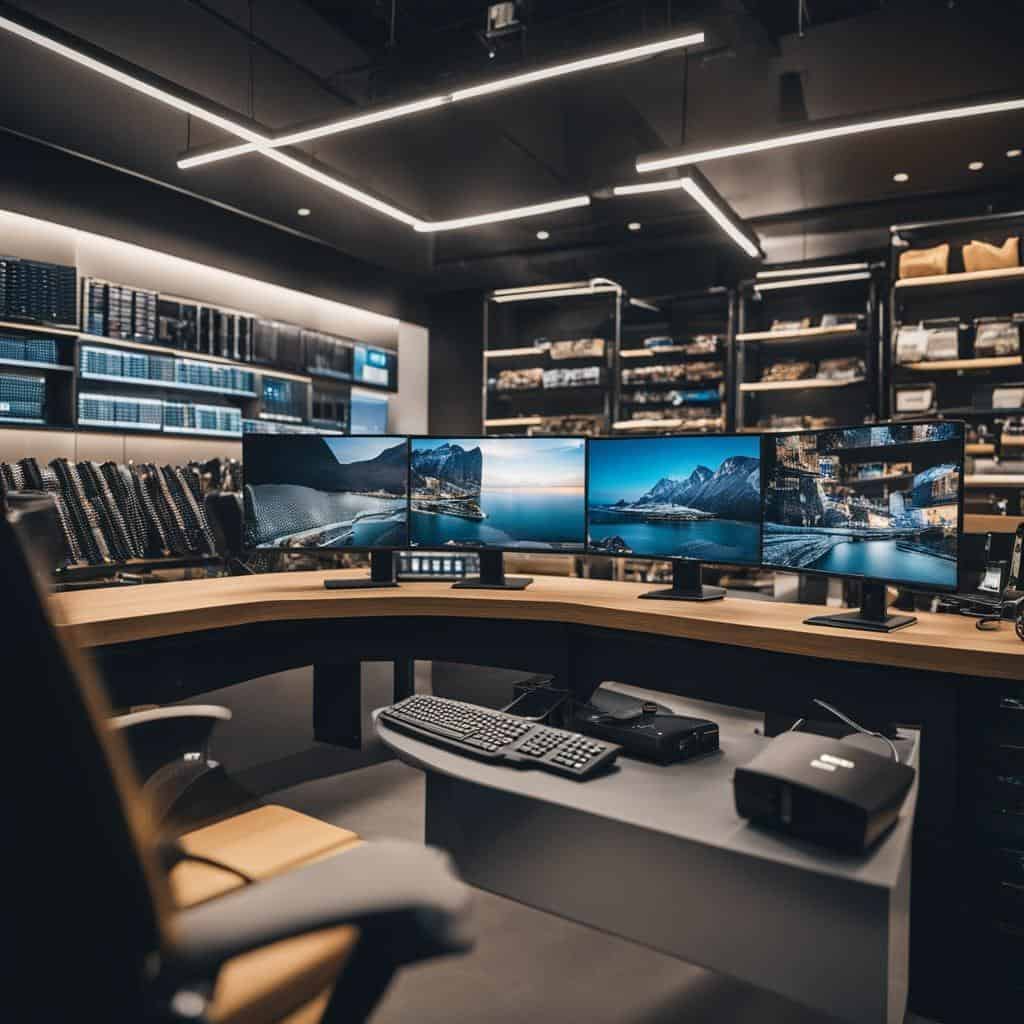TL;DR:
- Building a PC requires a motherboard, CPU, memory (RAM), storage (HDD or SSD), power supply, case, and monitor. For gaming, a GPU is vital.
- Advantages of building a PC include learning about hardware, customizing components, and often cost-effectiveness.
- Tools like PCPartPicker assist in verifying component compatibility.
- Key gaming components include a quality GPU (like Nvidia’s GeForce RTX 30-series), and accessories such as specialized gaming mice, keyboards, and headsets.
- There’s a global shortage impacting PC component prices, due to crypto mining and the pandemic. Researching, tracking market prices, and considering seller credentials mitigate risks.
- Vital components to prioritize are the motherboard, CPU, and GPU. Thermal paste benefits CPU cooling.
- Not all expensive computer parts guarantee quality. Balance your expenditure based on research and price tracking.
- High-end motherboards offer extra ports, slots, and features like Wi-Fi or Bluetooth.
Diving into the realm of computer technology? Get ready to step up your game! This guide reveals what to consider when selecting computer accessories and parts. From dissecting the basics of building your PC, and mastering essential gaming components, to navigating the current market nuances – we’ve got you covered. Let’s unravel the mysteries of computer technology together – one component at a time. Ready? Let’s dive in!
How to Build Your PC?
Ever wanted to build your PC? It’s doable! You need a few key items: a motherboard, CPU, either an SSD or HDD for storage, memory, a power supply, a case, and a monitor. For those keen on gaming, a GPU is a must.
What Basic Components Do I Need to Assemble a PC?
All PCs need certain essential parts. These are your PC basics:
- A motherboard acts as the backbone of your entire system, holding everything together.
- The Central Processing Unit (CPU) is your PC’s brain. It’s critical, so pick it with care!
- RAM (memory) affects the speed of your tasks, so more can be better.
- Hard Drives (HDD) or Solid State Drives (SSD) – PCs need space to store data. Pick wisely!
- Power supplies do just as their name says – they power your PC.
- You need a case to hold everything together, keeping all your parts safe and sound.
- And last but not least, a monitor. That’s how you’re going to see all your hard work!
Why Should I Consider Building My PC?
When you build your PC, you learn a lot. You figure out how all the parts fit together, like a puzzle, to create one smooth operating system. You also get to pick your parts. You can go big with high-end items, or keep it small and simple. Either way, you’re in control.
Are There Any Guides I Can Follow to Assist Me in Building My PC?
Yes, there are! You can use platforms like PCPartPicker to guide you. It also checks if your parts are compatible. Useful, right?
Building a PC can be fun, rewarding, and cost-effective. So get excited, start exploring, and build the PC of your dreams! Knowing what your PC needs is the first step. The rest will fall into place.
How Can I Optimize My PC for Gaming?
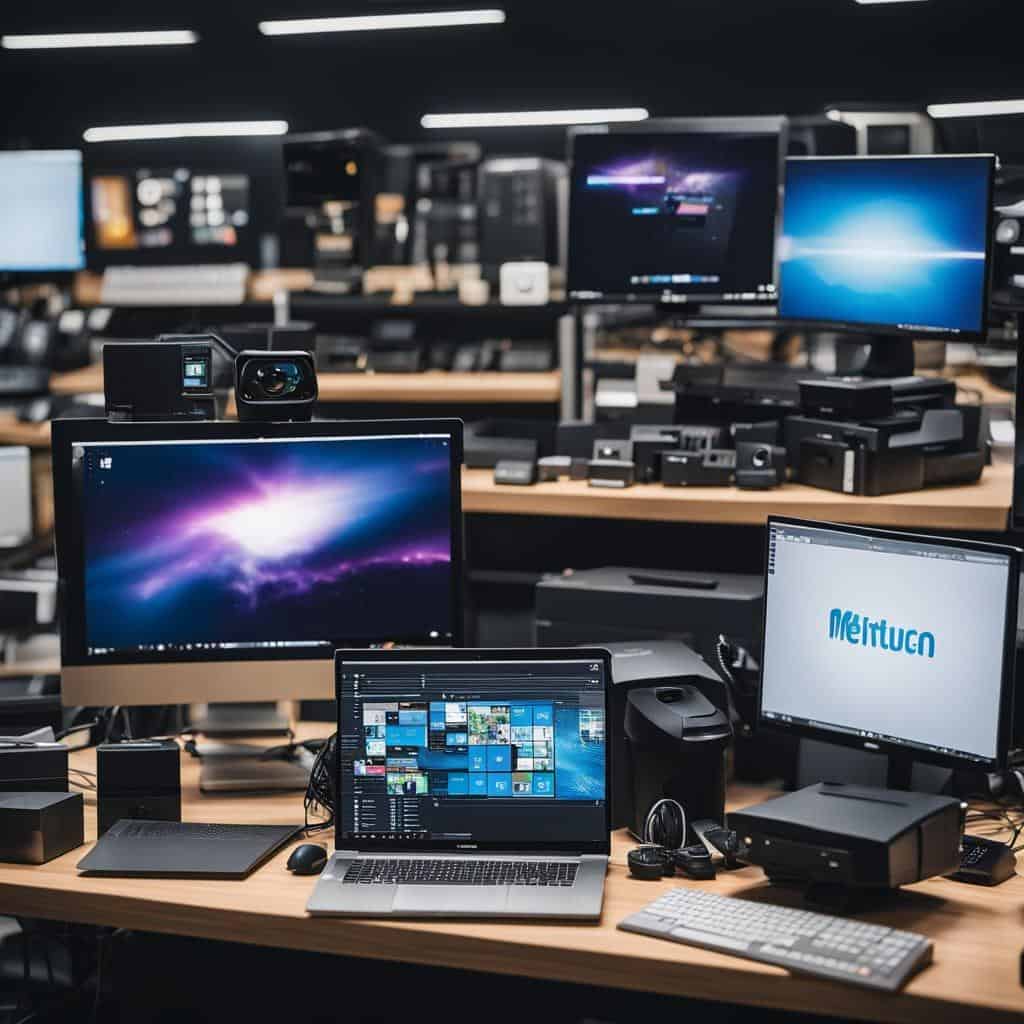
Which PC Components are Crucial for Gaming?
If you’re a gamer, a GPU is a must. This device processes graphic data. Nvidia’s GeForce RTX 30-series offers value and performance. CPU and GPU often have the highest markups. Keep the thermal paste on hand for your CPU.
How Can I Elevate my Gaming Experience with Computer Accessories?
To get more from your gaming, consider better PC attachments. A good gaming mouse can help. Also, look for high-quality keyboards, headsets, and game controllers. Not all pieces are equally important. When picking, focus on those that matter most to you.
Why is a Specialized Mouse Recommended for Gaming?
When gaming, a special mouse can make all the difference. It can improve accuracy and speed reaction times. You can find many quality choices with a quick online search. Each comes with unique features. Pick the one that best fits your needs.
What Should I Know About the Current Computer Parts Market?
How Has the Global Shortage Affected the PC Hardware Market?
Exploring the PC hardware realm for the first time, the two words you’ll often hear are “global shortage”. Put simply, the demand for PC hardware witnessed a boom with cryptocurrency miners and a worldwide silicon shortage caused by the pandemic. Although the shortage has lessened in 2023, its effects still ripple through the market, causing price inflations.
PC parts that used to come cheap now sport escalated price tags. Everyone, from first-timers seeking to build their personalized rigs to veterans looking to upgrade their setups, has their eyes glued on the market’s trajectory.
How to Navigate the Current Price Inflations on Computer Parts?
Concerned about the rising prices? You’re not alone. To make the best possible decisions, stay updated with the market prices. The price tags for CPU and GPU tend to fluctuate frequently. Don’t rush into buying a component just because you stumbled upon a seemingly good deal. Revisit the price history and make informed decisions.
What Should I Consider When Buying from Third-Party Sellers?
Now, onto a dilemma many face: should I buy from third-party sellers? In an ideal world, you’d direct purchases from the manufacturer or first-party sellers. But this isn’t a perfect world, and sometimes, third-party sellers may be the only viable option. If you find yourself walking this path, tread carefully.
Remember, inflated prices and counterfeit items are rampant in this part of the research. Do your homework and verify the credentials of the seller before parting with your hard-earned cash. A computer is a significant investment, and a mistake here can cost you more than just money.
What Comes to PC Components, What Should I Prioritize?
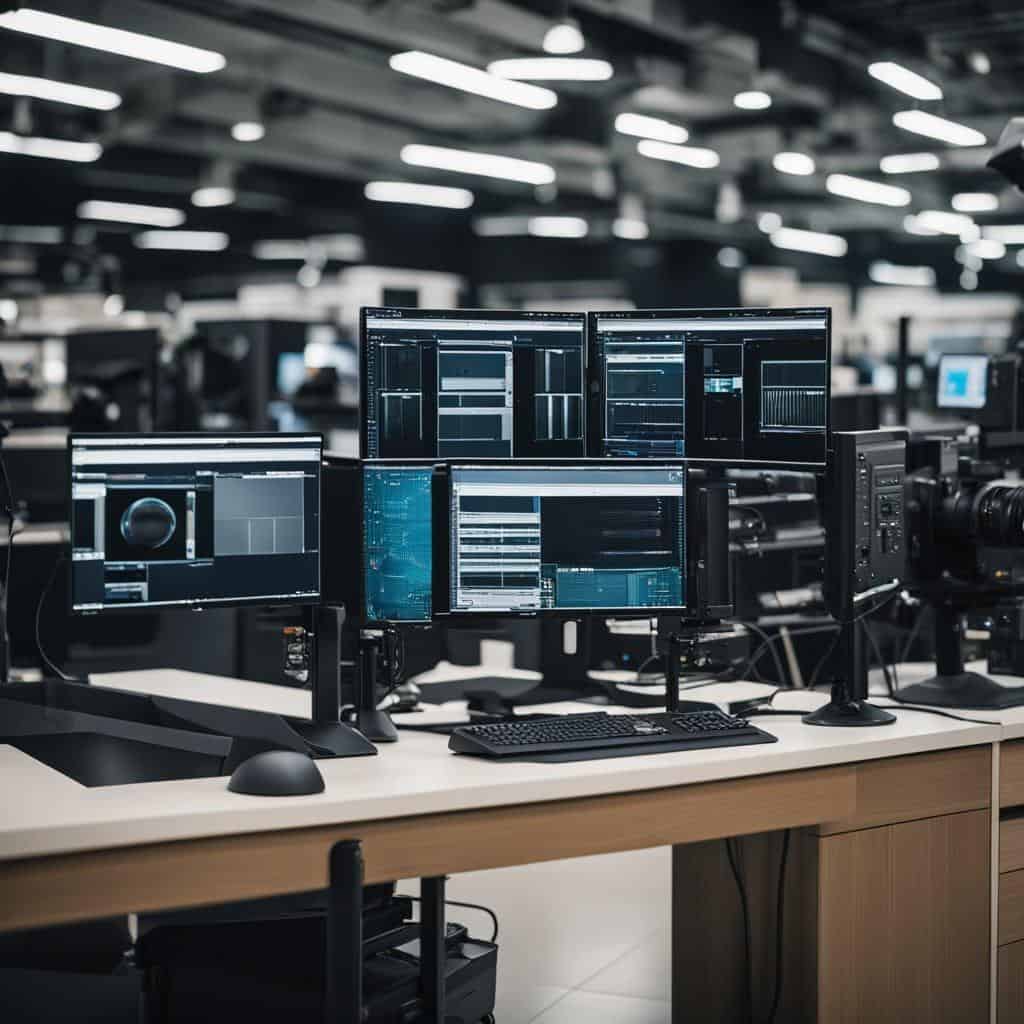
How Crucial is the Motherboard in a PC Build?
Take note, folks, the motherboard is your PC’s spine. It holds all the other components. A high-end motherboard packs more ports and storage drive slots. It even combines RAM slots, lights, and Wi-Fi or Bluetooth support. But ask yourself if you need these extra features.
Why Should I Prioritize CPU and GPU Selection?
Moving on, the CPU and GPU are the pricey stars of the show. They carry much of the workload, being the brain and eyes of your PC respectively. If you plan on gaming, a good GPU is key, like the GeForce RTX 30-series.
Is Thermal Paste Necessary for My PC Build?
And don’t forget about thermal paste! It can help cool your CPU and keep your rig running smoothly. It’s like your PC’s fine wine. Just a little dab can mean the world of difference. It’s a small detail that packs a big punch for the long haul of your PC’s life! So, let’s keep these tiny giants of PC builds in mind as we step into the world of custom-built computers.
How Does a GPU Elevate Computer Performance?
Why is a GPU Essential in Gaming or Graphics-Intense Work?
A GPU (Graphics Processing Unit) for a gaming PC is like ice cream with a warm apple pie; it completes the dish. Simply put, a GPU is a dedicated chip that boosts your computer’s visual prowess. Beyond pretty colors, it’s the heart of a top-notch gaming rig. One look at a game on a mid-to-high-end GPU, and you’ll see what I mean.
But not just gaming. Have graphic designing work? 3D modeling? Video editing? Your GPU’s got you. It crunches complex data to render high-quality images without overloading the CPU.
What Constitutes a Good Gaming GPU?
Just like a car, a good GPU is robust, swift, and reliable. It should offer high frames per second, even during graphically demanding games. And never settle for less than high-definition resolution.
If you’re serious about gaming, picking a mid-to-high-end GPU is key. It’s like investing in a comfortable office chair; your long-term experience depends on it.
Which GPU Brands Should I Consider for Best Performance?
If you believe in quality, stick to top brands. Today’s market leaders are Nvidia and AMD. Nvidia’s GeForce RTX 30-series offers a good combo of value and oomph. On the other hand, AMD’s Radeon cards are widely praised for their high performance.
Before you commit, read up on reviews and benchmark scores. Soon, you’ll be all set to enjoy an immersive visual ride that will transport you straight into your game. Enjoy the journey!
Does Price Always Translate to Quality in Computer Parts?
Selecting the right components for your PC can be a balancing act. The adage “You get what you pay for” doesn’t always apply, especially when considering the complex world of computer parts. Cost doesn’t necessarily equate to quality. Some of the best parts for your system might come at a more affordable price.
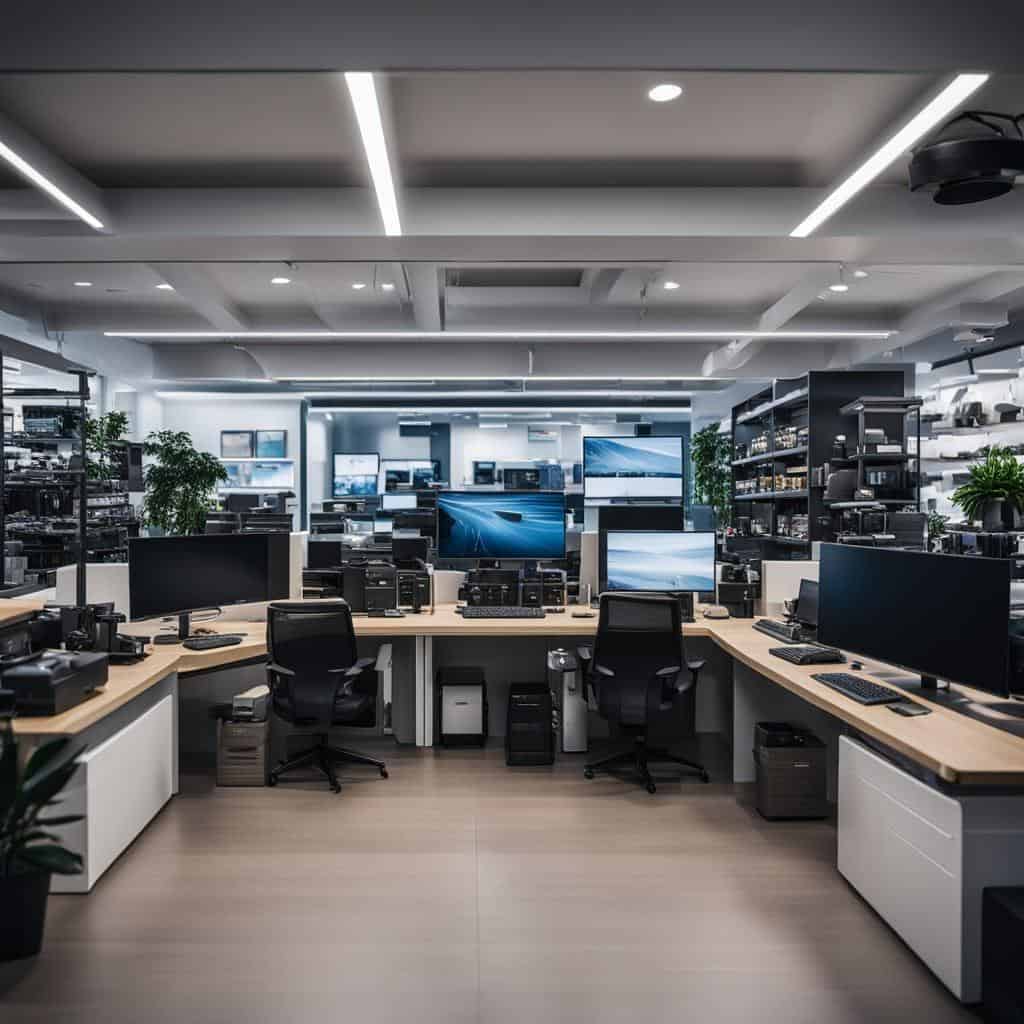
How to Navigate Price and Quality When Buying PC Components?
It’s important to understand the core functionality of each component. Certain parts like the CPU and GPU are worth investing in, but other parts can be more budget-friendly without compromising performance. It’s always suggested to research and compare products and not solely rely on price as the deciding factor.
How Do I Handle Frequent Price Fluctuations in the Computer Parts Market?
The price of computer parts often fluctuates due to supply chain issues, new product releases, and other market factors. Consider using price tracking tools to monitor and compare prices over time. This way, you can buy when the price is right and avoid overpaying.
Why Should I Consider Buying from First-Party Sellers?
With frequent price inflations, buying directly from first-party sellers might seem more costly. However, they are typically more dependable. Third-party sellers can sometimes inflate prices or sell counterfeit products. Plus, buying directly often comes with reliable customer service and warranty coverage, providing extra peace of mind when investing in computer parts. Even if it might be slightly more expensive, the extra assurance can make it worthwhile. For more tips and advice on buying computer parts, refer to this useful guide here.
How Can I Ensure All My PC Parts are Compatible?
Why is Component Compatibility Crucial in PC Building?
Compatible parts in PC building are a must. They ensure that your machine is running at its best and prevent issues such as crashes or system failures. Think of it this way: A team operates best when each member knows their role and works well with their peers. The same applies to your PC parts.
What Are Some Tools I Can Use to Ensure Component Compatibility?
One tool you can use is PCPartPicker. It’s a life-saver website for any DIY PC builder. From CPUs to power supply units, this site checks your chosen components’ compatibility, alerting you to any potential issues. This tool saves time and offers peace of mind—the perfect assist for crafting your dream machine.
What PC Parts Should I Pay Special Attention to for Compatibility?
Certain parts demand your keen eye. For starters, your CPU and motherboard. These two are like a lock and key—they need to fit together. Second, your power supply unit or PSU. It needs enough wattage to run all your components. Lastly, your GPU, or the video card. Your motherboard should have a suitable slot for it. If you’re careful in choosing, you’ll build a PC that runs like a dream.
Are There Additional Functionalities in High-End Motherboards That Might Benefit Me?
What Additional Functionalities Can High-End Motherboards Offer?
High-end motherboards have a bigger edge. They boast more ports and slots. It means more space for storage drives and RAM. With them, you get the freedom to build your PC as powerful as you wish.
How Might Features Like Bluetooth or Wi-Fi Support Benefit Me?
Guess what, many high-end motherboards now offer optional features like Bluetooth and Wi-Fi support. Cut the clutter of wires and enjoy a seamless connection. Connect your wireless devices instantly, be it a keyboard, mouse, or headphones.
Can Lights on Motherboards Enhance My PC’s Aesthetic Appeal?
Want to add an edge of coolness to your setup? Many high-end motherboards come with fancy lights. These cosmetic upgrades can enhance not just your PC, but your whole desk’s aesthetic appeal. Enjoy the vibrant colors and have fun with your build.
Conclusion
Mastering PC technology can be a fascinating journey. Today, you’ve learned the essentials for building your PC, ways to optimize for gaming, and tips for navigating the current parts market. Always consider compatibility for a smooth build, and remember price doesn’t always equate to quality. Specialized features in high-end motherboards can be beneficial. Happy building!
